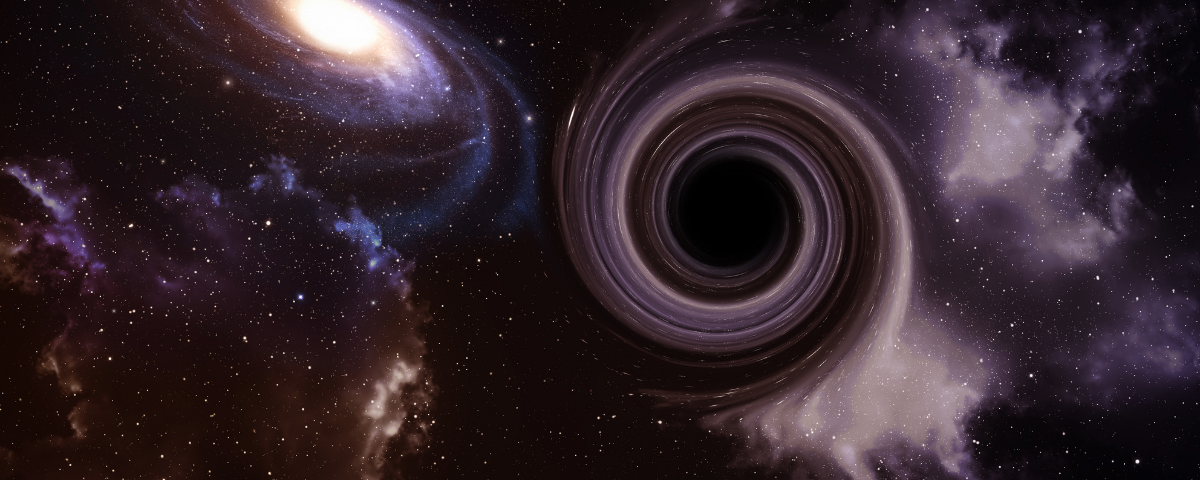Black holes are truly an enigma: they’re massive and compact and seem to defy the laws of nature. And yet, we don’t know what happens inside. While we know that black holes can’t be made by anything we’ve ever seen, we still don’t know what they are.
The complete answers to this question aren’t yet known. It is known that black holes can emit X-rays and that they can also be photographed on Earth, but the mechanism by which they emit X-rays is uncertain. The first estimates of the mass of the black hole at the center of our Milky Way Galaxy, Sagittarius A*, were published in 2007. These estimates suggest that the black hole has a mass of about four million multiplied by the sun’s mass. The mass of the black hole is estimated to be about 3000 multiplied by the sun’s mass.
The most enduring questions in science relate to the nature of the universe we inhabit; we know we live in a universe of stars and galaxies, but we can’t explain what is happening in the life of a black hole and what the universe will look like when the Big Crunch comes. At the heart of all black holes is a singularity, a place where the laws of physics break down and the laws of mathematics fail to describe the rules of the universe.
What is the Black Hole?
A black hole is a region of space from which nothing, not even light, can escape. This region has strong gravitation that nothing can escape. A black hole is surrounded by a sphere where gravity is so strong that anything that falls into it cannot escape. Even light cannot escape the black hole. However, light can be trapped within the black hole.
Black Holes are some of the most mysterious objects in our Universe. They are some of the densest objects in the Universe, and their gravitational fields are so strong that nothing can escape. We’re not quite sure how black holes form, but scientists think it has to do with the deaths of stars.
Black holes are very important to the universe, but not many people know what they are. They are regions of space where gravity is so strong that nothing—not even light—can escape their pull. What’s more, nothing can escape because nothing can ever get close enough to do so. When light crosses the event horizon of a black hole, it is ripped apart by the strong gravitational fields that exist there. This phenomenon is called “information loss.”
When was the Black Hole Discovered?
The first thing you’re probably thinking is, “What? There was a time before scientists knew about black holes? That’s crazy!” Yes, that’s right. While the rest of the world was just discovering that something was happening inside a black hole, scientists have known that something was happening inside since the early 1800s.
When did scientists discover the black hole? Was it when they first found out that our universe had a giant black hole in its center? Or when they discovered the details of this black hole, including its mass and its astonishing rate of spin? Or even when they first created a computer simulation to show how such a black hole might work?
On February 1, 2016, NASA researchers spotted something in the constellation Cygnus that might resemble a black hole. If it is, it will be the first object of its kind discovered by researchers since 1996, when the Guinness Book of Records recognized that no object existed with a mass that exactly matched that of a black hole.
A black hole is a theoretical object that is formed when a very massive star runs out of fuel and collapses in on itself. Its gravity is so strong in a way where light hardly ever escapes its forceful gravitational pull. The law of gravity states that when two objects are close enough that they attract each other, they will pull on each other with a force proportional to how much they are attracted.
Black holes are among the strangest cosmic objects in the universe. Simply put, black holes are so dense that not even light can escape the gravitational pull of the hole’s immense gravitational force. The most famous black hole is probably at the center of our galaxy, the Milky Way.
